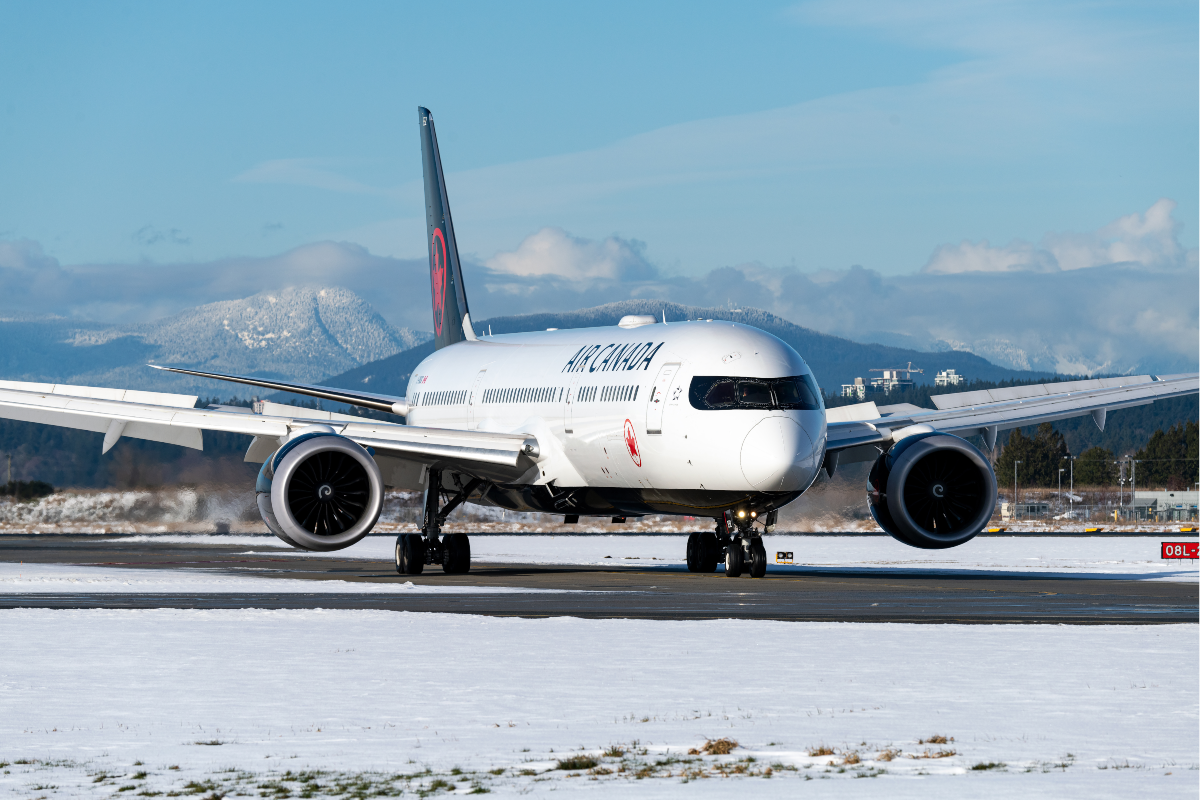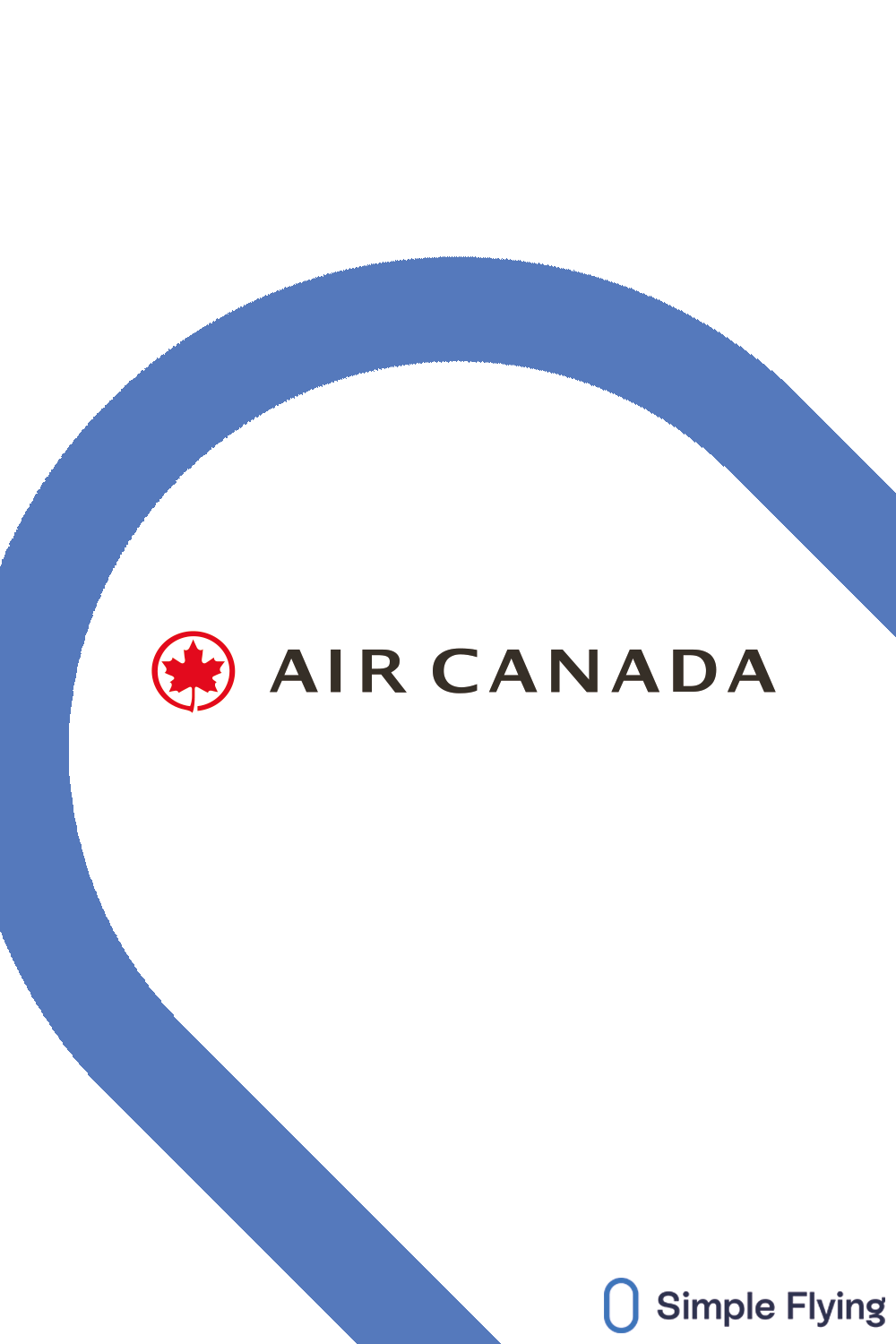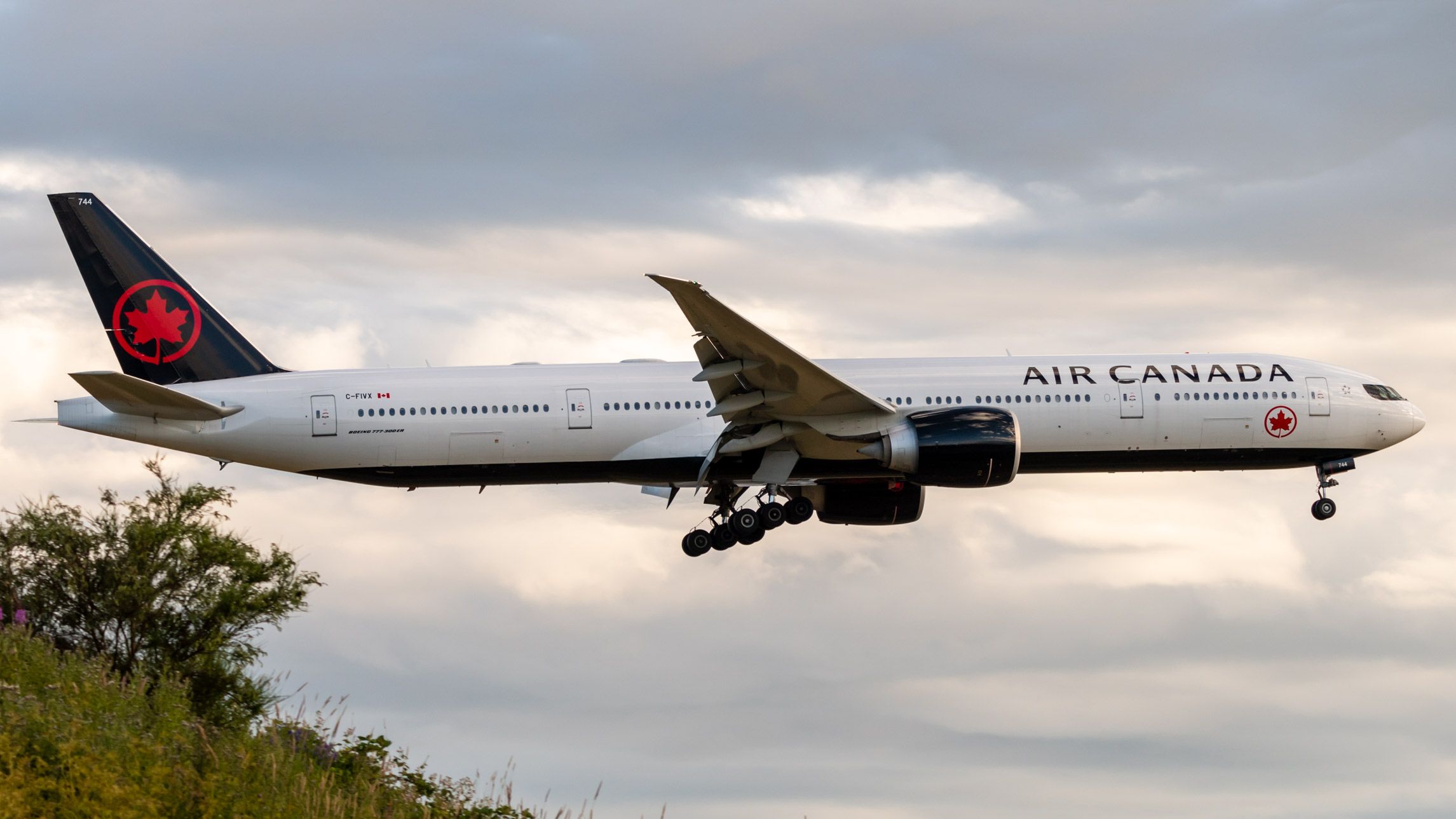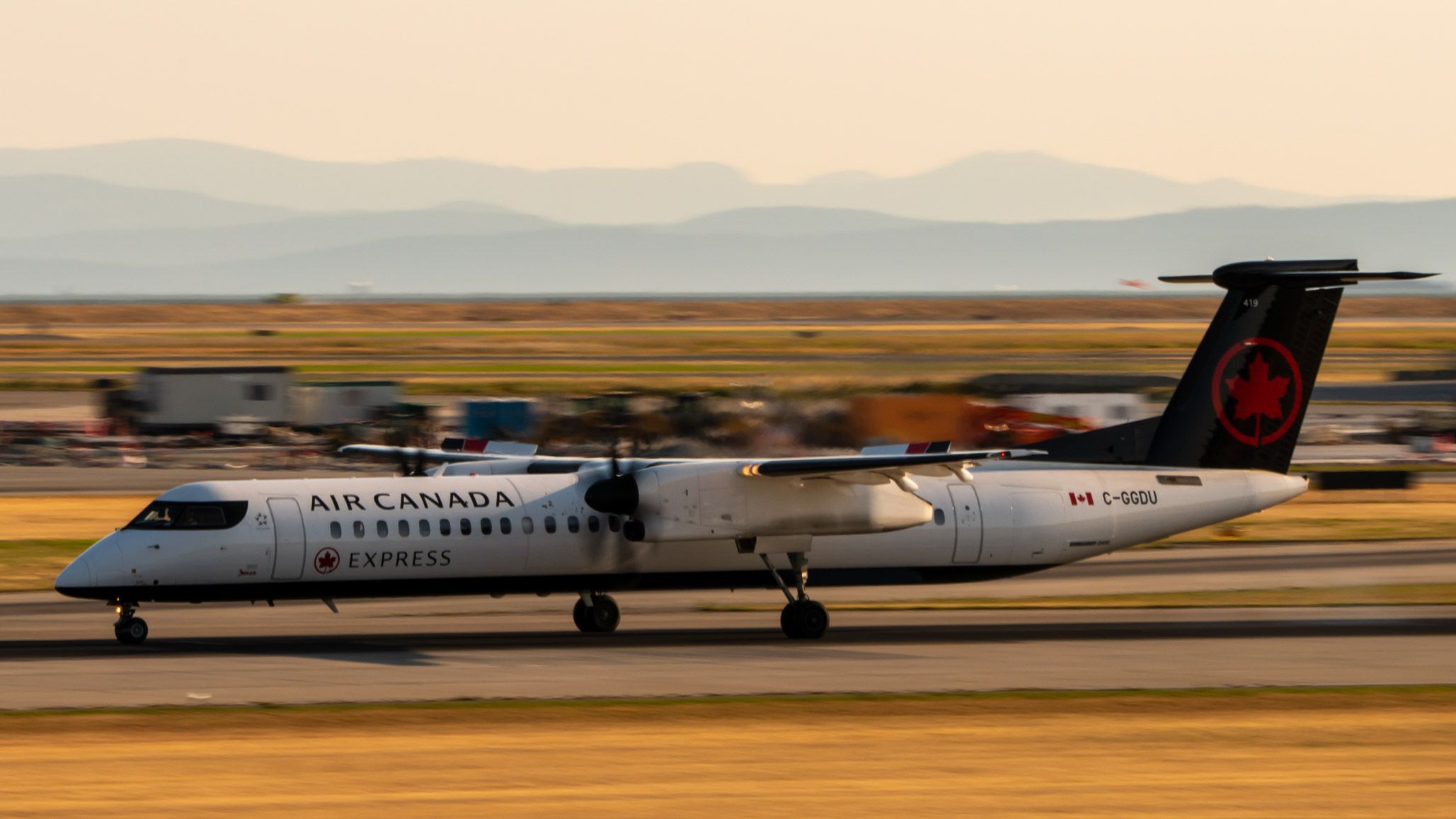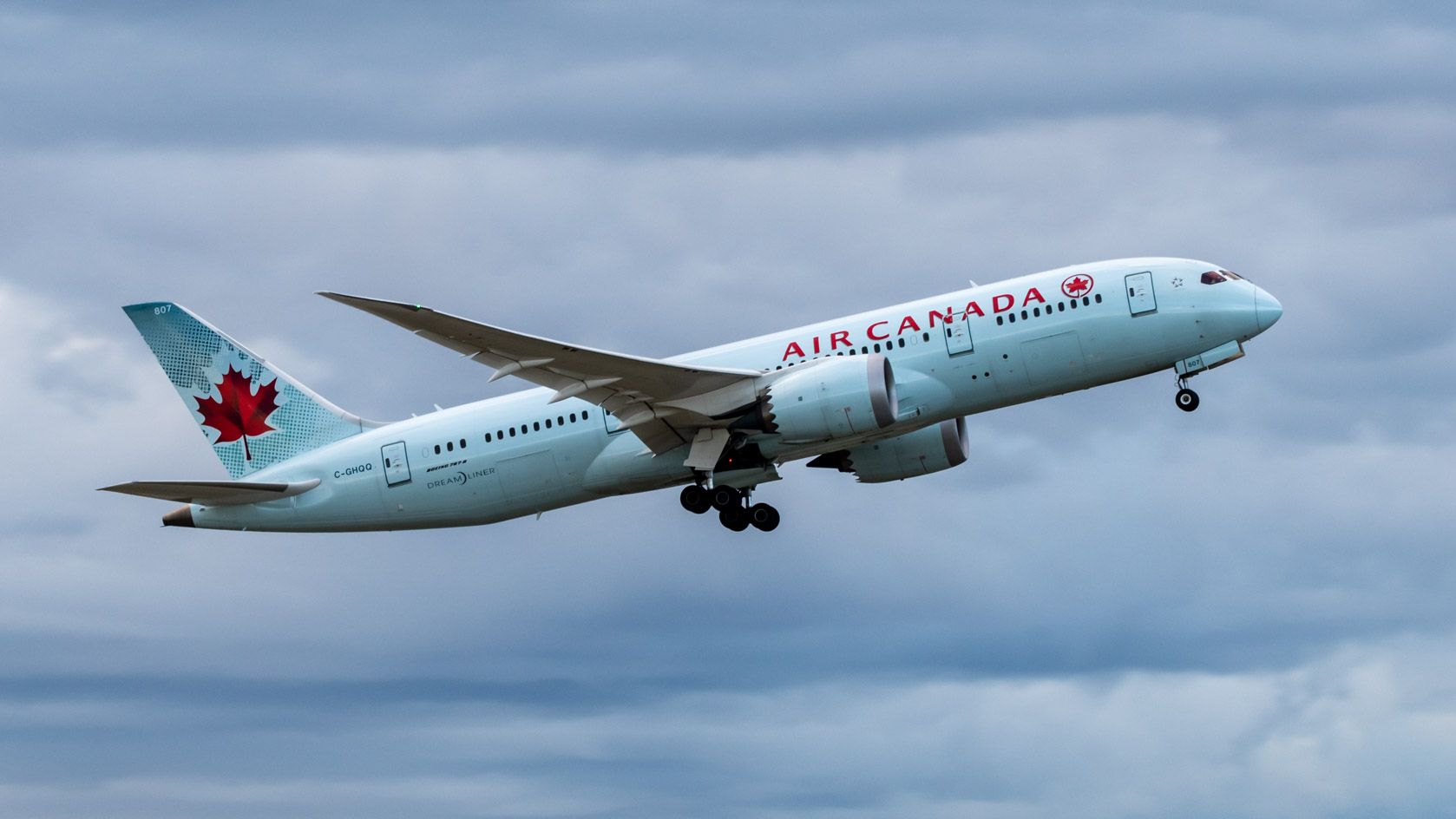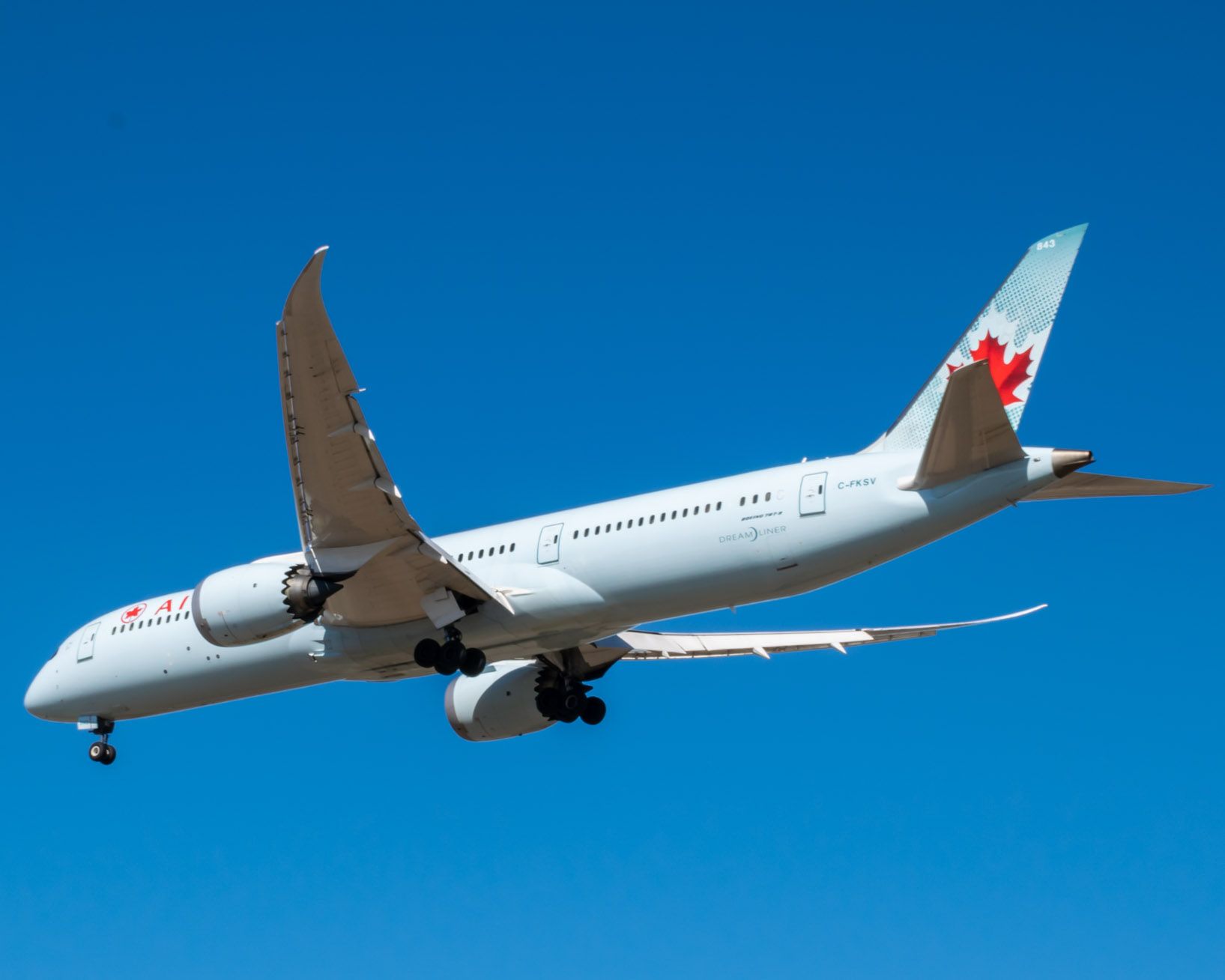During its recent earnings call, Air Canada, the Canadian flag carrier, discussed the recovery of service from the COVID-19 pandemic. For Air Canada, the pathway to full recovery is presently neither stalled nor easy, but ongoing.
Fuel prices are helping delay the rebound
Photo: AvgeekJoe Productions
The main delay of a return to a complete pre-pandemic Air Canada network is, as CEO Michael Rousseau explained during the earnings call, that fuel prices have been "volatile" due to Russia's military invasion of Ukraine. While Delta Air Lines is considering raising fares in response, American Airlines trusts in increased bookings to offset rising fuel costs. Air Canada is not just going to raise fares, but also look at ancillary sources of revenue to cover the pricing issues.
Staffing is not an issue
Photo: AvgeekJoe Productions
However, unlike US airlines who have been struggling with a pilot shortage, according to Rousseau, Air Canada has the employees on hand to help in recovering service. Furthermore, he said that,
"...pilots are not an issue for Air Canada, given the number of widebodies that we have in the fleet. We are a desirable employer to come to."
During the COVID-19 pandemic, many of Air Canada's pilots have kept both payroll plus currency in their aircraft.
Where recovery will be strongest
Photo: AvgeekJoe Productions
Lucie Guillemette, Executive Vice President and Chief Commercial Officer at Air Canada, announced that passenger revenue is not back at 2019/pre-pandemic levels yet, but that things were on the upswing. Mrs.Guillemette went on to say,
This summer, we will be at nearly 80% of 2019, and we're targeting to be close to full recovery during 2024. Our strategy of focusing on our hubs and growing their respective global connectivity focusing on Sixth Freedom transit traffic to and from the United States and focusing on leisure VFR [Visiting Friends and Relatives] travelers will pay dividends. Our advanced bookings are accelerating and continue to meet our expectations.
Canadian COVID-19 protections do not stall Air Canada's recovery, but...
Photo: AvgeekJoe Productions
During the earnings call, Mrs. Guillemette and other Air Canada executives explained several times that Canadian COVID-19 protections like a vaccine requirement to fly are not hampering Air Canada's recovery, but rather it is the ongoing travel restrictions in the Asian-Pacific market that are causing problems. Nevertheless, there remains high demand for air cargo to the Asian-Pacific market - Air Canada has capitalized on this by converting some of its passenger aircraft to cargo platforms.
In fact, by September-October 2022, Air Canada executives expect a 70-80% North American recovery. This is due to lifting travel restrictions and business travel returning to Air Canada as the threat of perceived harm from COVID-19 subsides.
Due to the pandemic, investment company Bain & Company expects full industry recovery from COVID-19 to not arrive until the spring/second quarter of 2025. Still, inflation plus the Russian invasion of Ukraine and resulting volatile fuel prices are adding challenges to the mix.
What are your thoughts? Feel free to share in the comments below.
Sources: Bain & Company

